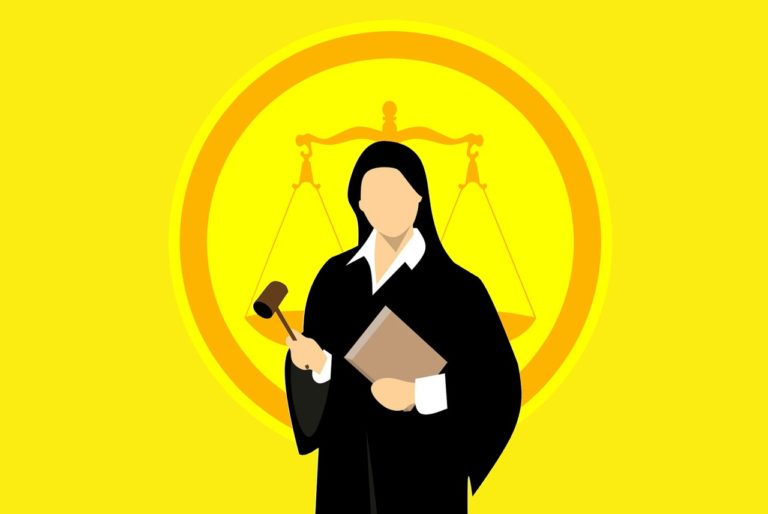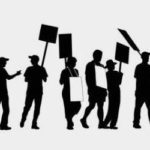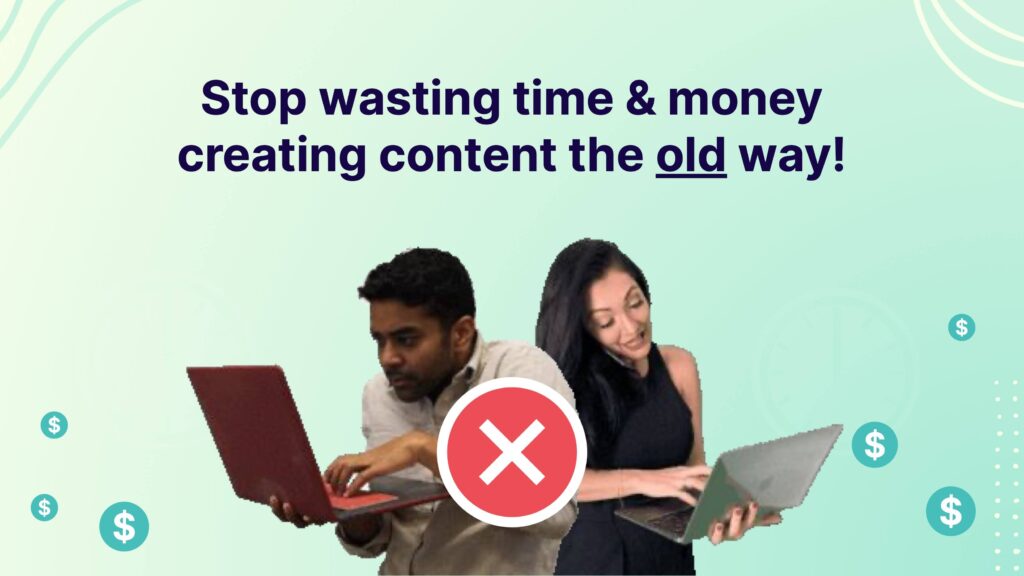
Introduction
What happens if you commit an Unfair Labor Practice (ULP)? The penalties depend on the type of ULP committed. For example, if you fire someone for taking union action, you may face criminal charges or civil damages. If you implement a change to a Union Contract without negotiating the impact on the employee. An Employee who prevents the employer from carrying out its business.
Unfair labor practices result from, management and labor practices.
Unfair labor practices come in two forms: union unfair labor practices, and management unfair labor practices.
What’s the difference? Union unfair labor practices are committed when a union refuses to bargain with an employer in good faith, or
discriminates against employees for exercising their rights under the NLRA or other federal laws. The most common example of this is striking without giving notice. Management unfair labor practices occur when a company takes action that interferes with workers’ rights to form unions or bargain collectively on their own behalf. Examples include creating rules that restrict employee communications during organizing campaigns (also known as “union busting”) and disciplining workers who engage in protected concerted activity such as
discussing wages or working conditions at work.
Unfair Labor Practices can trigger strikes, grievances and arbitration.
There are many ways that Unfair Labor Practices can trigger an unfair labor practice strike. If you’re not familiar with the term “strike,” it’s a concerted refusal by employees to perform their jobs in protest of working conditions or employer actions, such as hiring replacements for strikers. In this case, employees may walk off the job or stop working together and refuse to perform certain tasks.
A grievance is a formal complaint filed by one party against another (such as an employee against his/her employer). Grievances usually result in arbitration; however, they can also be resolved through mediation or voluntary union negotiations between management and unions representing striking workers.
Arbitration is a form of dispute resolution where both parties agree beforehand to submit their unresolved disputes to an arbitrator who hears both sides’ evidence before deciding on how best to resolve those issues according to law and contract terms and conditions set forth by both sides at the beginning of any negotiation process leading up until now so far .
If you are accused of an illegal action, your membership might possibly be
canceled.
If the FLRA determines that you have committed an unfair labor practice, it will issue a complaint against your union. Once this complaint is issued, a hearing will be scheduled to determine whether or not there is enough evidence to hold you accountable. At the conclusion
of this hearing, if your membership is found guilty of committing an unfair labor practice, they may face fines and other penalties.
There are two types of penalties: monetary and non-monetary penalties. If monetary penalties are ordered by an
administrative law judge (ALJ), they can range from $100 per day up to $100 per day plus $1 million in damages for each employee affected by their actions (these numbers can vary depending on the circumstances). In addition to fees
paid by individuals involved in unlawful activity, unions also sometimes must pay civil money damages as well as back pay for employees whose wages were unlawfully withheld or reduced because of their participation in protected activities such as strikes or picketing efforts
The federal government provides penalties for certain actions.
The federal government provides penalties for certain actions. These penalties are the same for both employers and employees, but they depend on the severity of the offense. Employers may be held responsible for violating some labor laws through an unfair labor practice charge filed by an employee or a union representative. If that happens, your employer will be penalized with fines and may even lose his or her right to run a business in your state or country. You also face possible disciplinary action from your employer if you commit an unfair labor practice as an employee yourself by striking against him or her without just cause or refusing to work when ordered to do so by management because of their financial situation.
Some acts may include a fine of up to $20,000 and six months in prison.
The penalties for an unfair labor practice include a fine of up to $20,000 and six months in prison. In addition to the above penalties,
other types of violations may result in a fine of $1,000 or 30 days in jail.
You will be fined $1,000 or 30 days in jail if you provide false testimony.
If you are found to be providing false testimony under oath or affirmation in an investigation, you can be fined
$1,000 or 30 days in jail.
Employers and employees should know what behavior is acceptable and unacceptable.
As an employee, you should know what behavior is acceptable and unacceptable. This is important because it can help you avoid breaking the rules. As an employer, it’s important to understand what your responsibilities are as well as how to comply with them. Employers have a duty to maintain a fair and harmonious workplace free of discrimination and harassment. To do so, they are required by law to follow certain guidelines set forth by federal agencies such as the National Labor Relations Board (NLRB), Equal Employment Opportunity Commission (EEOC) or Office of Federal Contract Compliance Programs (OFCCP).
Conclusion
The penalties for an unfair labor practice are determined by the nature of the offense, the severity of the violation, and the amount of damages suffered. Generally, employers who commit more serious violations, like discharging union members or discriminating
against employees because they are involved in a labor union or have exercised their right to strike, can be fined up to $10,000 per violation. Lesser offenses may result in fines ranging from $100 per violation up to $5,000 per day that each violation continues. To learn more of what not to do, check out our other blog on this topic titled; What not to do.










